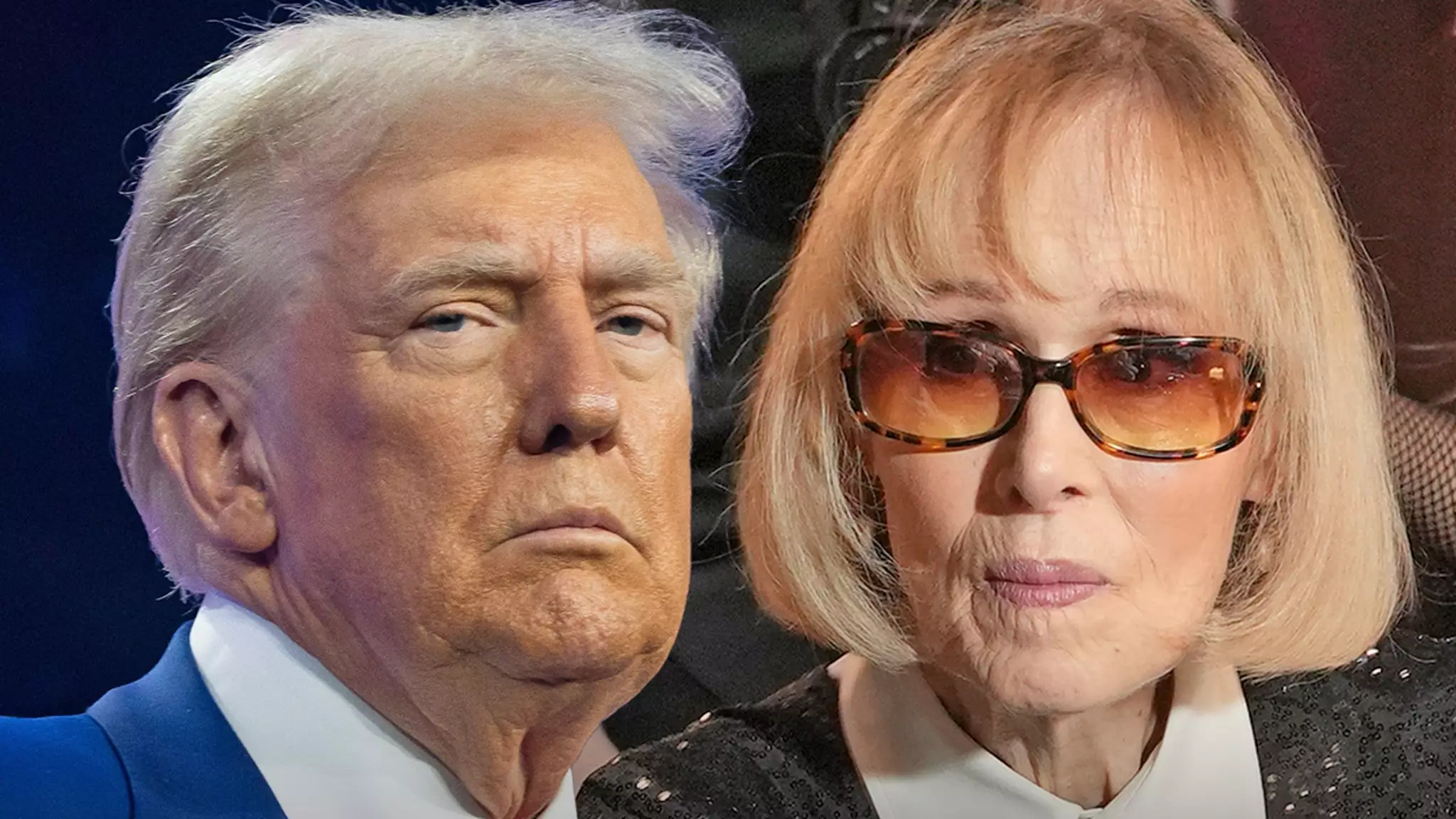Former President Donald Trump has recently faced a significant legal setback following a jury’s $5 million judgment awarded to E. Jean Carroll in 2023, stemming from findings of sexual abuse against him. The United States Court of Appeals for the Second Circuit confirmed this judgment, asserting that the presiding judge acted within his rights and properly considered the evidence presented during the trial. The appellate court dismissed Trump’s appeal for a new trial, indicating that even potential errors by the judge would not have considerably influenced the outcome due to the substantial nature of Carroll’s evidence.
Aside from the sexual abuse verdict, Trump has also been ordered to pay Carroll an additional $83.3 million for defamation, with both judgments now subjects of appeal. This situation arises from Carroll’s allegations that Trump raped her in 1996 while they were in a Manhattan department store’s dressing room. While the jury ruled Trump liable for sexual abuse and defamation, they did not find sufficient ground for a rape conviction, highlighting the complexities and nuances involved in legal definitions and juror interpretations in such high-profile cases.
Despite these legal challenges, Trump has firmly maintained his innocence, dismissing all claims made by Carroll as fabrications and labeling them a “hoax.” This characterization of the allegations has been a recurring theme in his defense, emphasizing a narrative of victimization within a politically charged climate. In a notable instance, Trump’s comments during a deposition echoed a previous controversy from the infamous “Access Hollywood” recording, where he controversially remarked on the behavior of certain celebrities towards women.
Trump’s spokesperson, Steven Cheung, has publicly proclaimed that further appeals are anticipated, framing the ongoing litigation as part of a broader theme of “Witch Hunts” directed at the former president. Cheung emphasized a narrative of political bias, suggesting that the American populace has largely supported Trump and condemning what he perceives as the politicization of the judicial system. This rhetoric indicates that Trump intends to use these legal struggles to galvanize his base and project an image of resilience against systemic injustices.
As E. Jean Carroll’s attorney, Roberta Kaplan, expressed satisfaction with the court’s ruling, the future remains uncertain for both Carroll and Trump. The situation underscores the increasingly intricate interplay between legal accountability and political narrative in the United States. Carroll’s pursuit of justice serves as a critical moment not only for her case but also speaks volumes about the impassioned discussions surrounding sexual abuse, defamation, and the responsibilities of those in power. With Trump’s appeals now on the horizon, the courtroom drama is poised to continue captivating public attention and stirring national discourse well into the future.

